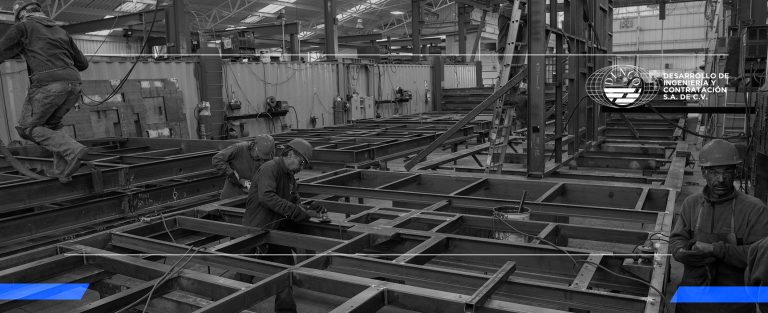Steel production is one of the largest contributors to carbon emissions globally. With increasing environmental concerns and the push for sustainable practices, the steel industry is exploring alternative methods to produce steel using renewable energy sources.
This shift not only reduces the environmental impact but also aligns with global efforts to combat climate change. Here’s why renewable energy is vital for the future of steel production:
Reduction of Carbon Emissions: Traditional steel production relies heavily on fossil fuels, leading to significant carbon emissions. By utilizing renewable energy sources such as wind, solar, and hydropower, the steel industry can drastically cut down its carbon footprint.
Sustainable Development: Renewable energy sources are inexhaustible and sustainable. Incorporating these sources into steel production supports long-term sustainability and reduces dependence on non-renewable resources.
Economic Benefits: Although the initial investment in renewable energy infrastructure can be high, it leads to long-term cost savings. Renewable energy can provide more stable and predictable energy prices compared to the volatile fossil fuel market.
Technological Advancements: The steel industry can benefit from technological advancements in renewable energy. Innovations such as green hydrogen and electric arc furnaces powered by renewable energy are paving the way for cleaner steel production methods.
Regulatory Compliance: As governments worldwide implement stricter environmental regulations, adopting renewable energy in steel production helps companies comply with these regulations and avoid potential penalties.
Enhanced Corporate Image: Companies that adopt renewable energy practices can enhance their corporate image, attracting environmentally conscious investors, customers, and partners.
Challenges and Considerations: While the transition to renewable energy in steel production offers numerous benefits, it also presents challenges. The intermittent nature of some renewable energy sources requires reliable storage solutions and grid management. Additionally, the steel industry needs to invest in research and development to optimize renewable energy use in production processes.
The shift towards renewable energy in steel production is not just a trend but a necessity for the industry’s future. By embracing renewable energy, the steel industry can achieve significant environmental, economic, and social benefits, paving the way for a more sustainable and responsible future.


